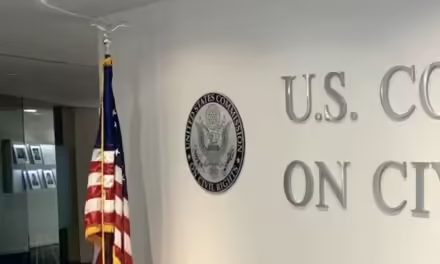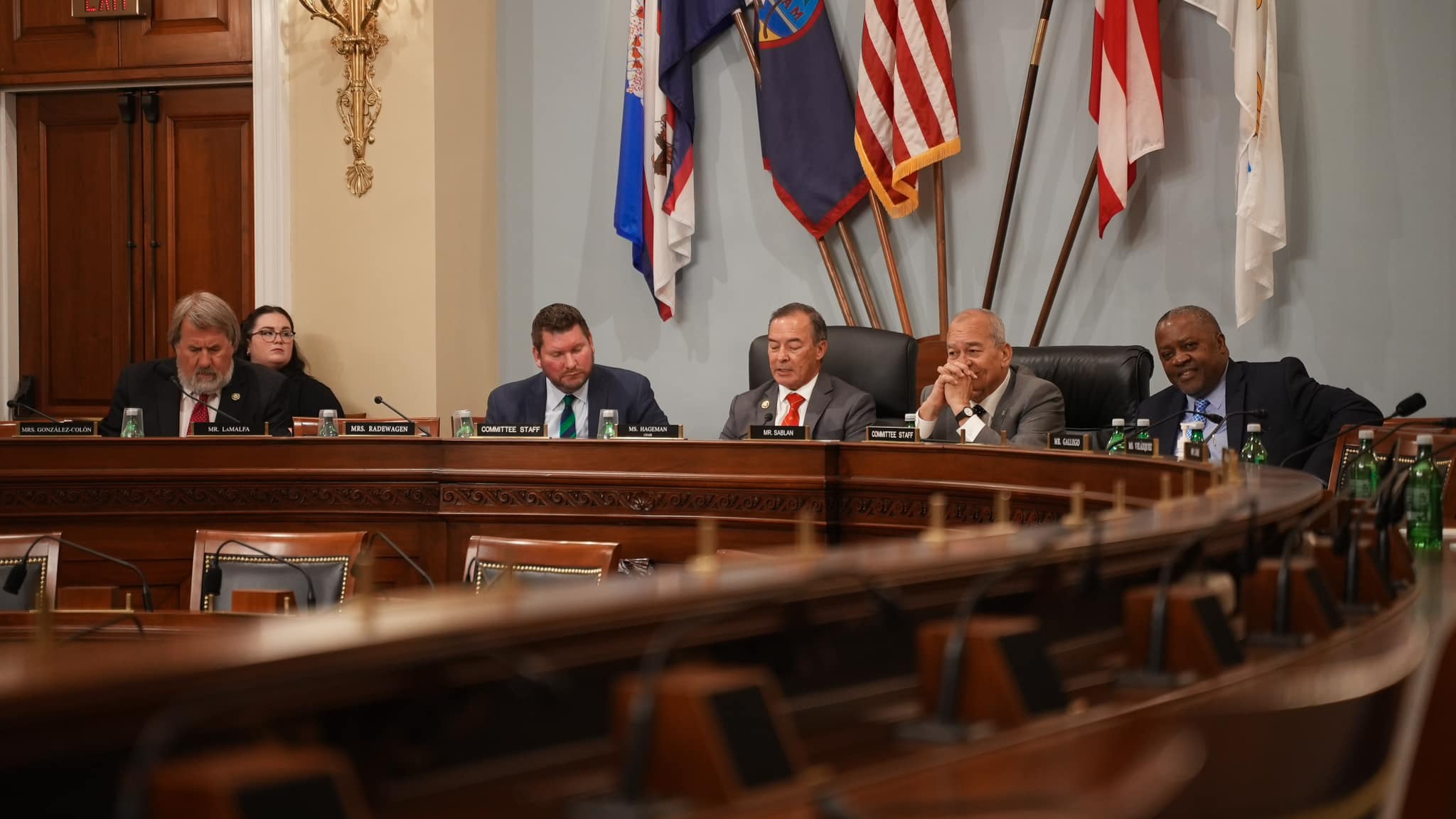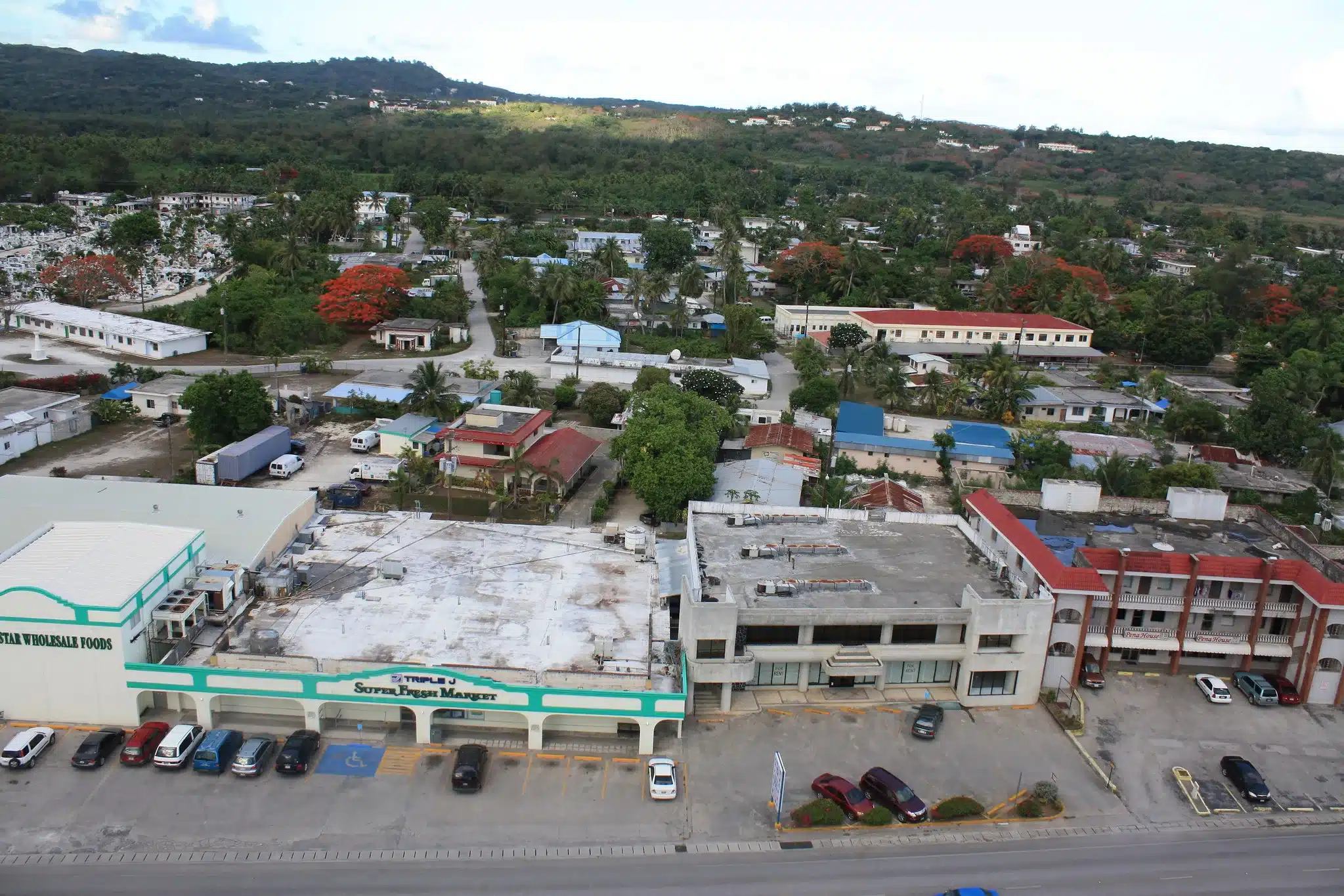https://www.youtube.com/watch?v=bPMW3lQpm-A&feature=youtu.be
On June 3, 2015, Resident Commissioner Pedro Pierluisi introduced a bill that seeks to correct and eliminate the disparities between Medicare and Medicaid programs in U.S territories and those in the 51 states. In Pierluisi’s words, “this bill would provide the territories with state-like treatment within well-defined parameters.” The most important component of the bill would restructure the system of federal funding for Medicare and Medicaid programs in the territories by eliminating the 50% cap on federal matching contributions and base future federal funding on the economic needs of residents, as it currently is in the states. Pierluisi’s argument is simple, “Residents of Puerto Rico and the other territories are American citizens. At the very least, the federal government should provide the territories with the funding necessary to provide health coverage to their residents who live at or below the federal poverty level.”
In context
Puerto Rico, a territory that is home to around 3.6 million people, has received approximately $1.3 billion in funding for the past 4 years in Medicaid funds; the State of Oregon, which is home to roughly the same number of individuals, receives approximately $5 billion in funds each year. As Puerto Rico’s current Medicaid funding under the ACA is likely to be depleted before its end date in 2019, securing funds and restructuring the funding system is a must for Pierluisi. The bill also seeks to equalize federal support for healthcare in the territories with the states in several other ways, including addressing disparities in support for hospitals and Medicare beneficiaries.
Thus far, two democrats and an independent have co-sponsored the bill in the House of Representatives, and the bill has been referred to the House Ways and Means, and Energy and Commerce Committees. Unfortunately, it is doubtful at best that the law will make it past committee, as Congress still awaits the Supreme Court’s potentially transformative ruling regarding subsidies under the ACA. Also according to its most recent budget resolution in May, congressional leaders are more concerned with cutting the healthcare budget rather than passing new healthcare legislation that would increase costs and perhaps further complicate the national healthcare debate. Though it seems like a common sense bill, Pierluisi will have to struggle to make the bill heard above the clamor surrounding larger healthcare issues, and generate support at a time when Congress seemingly lacks the will and interest to address the issue of healthcare disparities in the territories.










